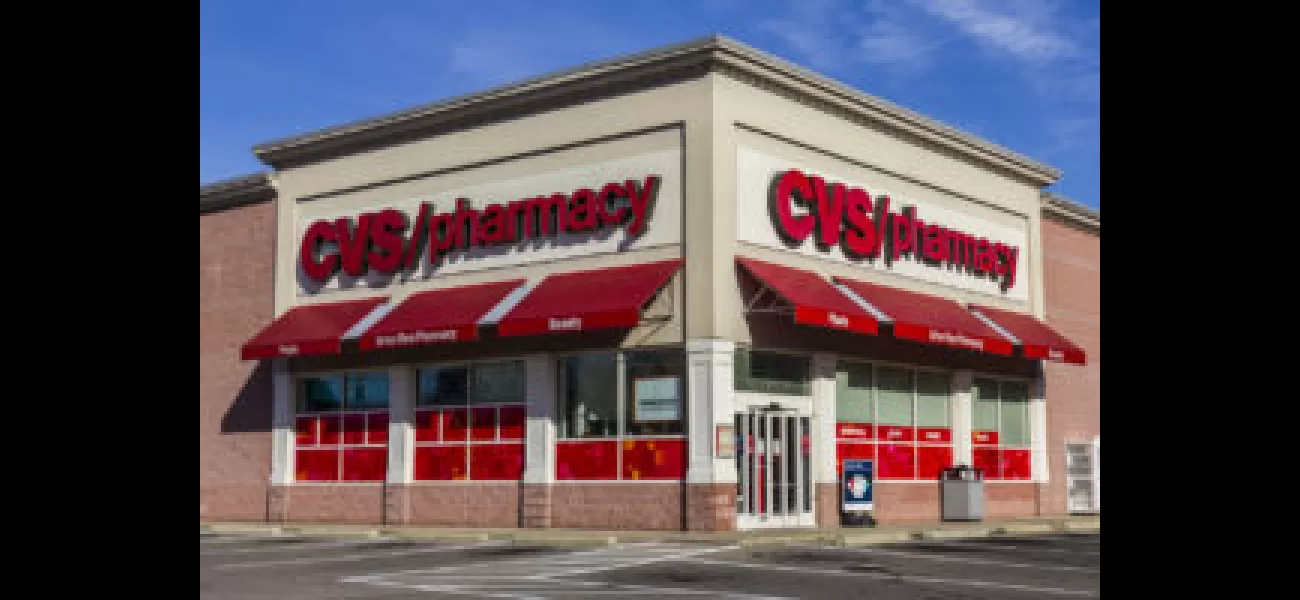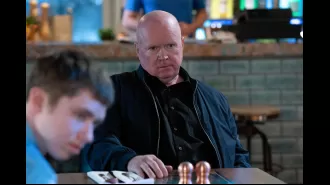Many Americans still struggle to access COVID-19 vaccines.
Many eager to get vaccinated after COVID-19 cases surged in the US in Sept.
October 9th 2023.

Americans have started the process of receiving the latest version of the COVID-19 vaccine, but many people are struggling to secure appointments for themselves and their children. Additionally, some have encountered unexpected costs associated with the vaccination; now that the U.S. government has delegated the distribution of the vaccine to private companies, many are being asked to pay upfront fees of $150 to $200.
It's no wonder why so many Americans are eager to get vaccinated; in September, the U.S. saw an increase in COVID-19 cases, prompting the government to recommend that all Americans aged 6 months and older receive one shot. According to the U.S. Department of Health and Human Services, around 4 million people received either the updated Pfizer/BioNTech or Moderna shots in September, and 12 million doses were shipped.
Kate MacDowell, a self-employed 50-year-old living in Portland, Oregon, shared her frustration with the process. She had an appointment canceled by her healthcare provider, Kaiser Permanente, and has been unable to get another for nearly a month. She and her husband even canceled a trip overseas in late September because they were unable to find vaccine shots. “It used to be that even if it was scarce you could find somewhere that you could drive to get it,” said MacDowell. “You have the federal government or the county health department saying go get your vaccine, and it’s just impossible.”
The U.S. government ended the COVID public health emergency declaration in May, which had allowed Americans to receive the shots free of charge. The current privatized system requires health insurance plans to cover the shot at no cost. However, pharmacies and health providers must purchase the shots upfront from manufacturers, and distribution delays have caused issues for some customers.
Independent pharmacists have also been affected, as they now need to pay for their own vaccine supply. David Kohll of Kohll's Pharmacy in Nebraska shared that he was hesitant to order too much up front due to the restrictions on the return policy. He's not the only one concerned about losing money; Dr. Suzanne Berman, a pediatrician in Crossville, Tennessee, said she is worried about her vaccine supply expiring or going bad without her getting a return on the investment.
Despite the challenges, vaccine makers Pfizer and Moderna have shipped millions of doses as planned. Major wholesalers such as McKesson and Cardinal Health have also distributed millions of shots, although they acknowledged some short-term shipping delays. Health insurance providers are also educating Americans on how to obtain the vaccine within their plan's coverage.
It's clear that the rollout of the COVID-19 vaccine has presented some challenges along the way, but with the help of private companies and health insurance providers, Americans are one step closer to returning to normal life.
It's no wonder why so many Americans are eager to get vaccinated; in September, the U.S. saw an increase in COVID-19 cases, prompting the government to recommend that all Americans aged 6 months and older receive one shot. According to the U.S. Department of Health and Human Services, around 4 million people received either the updated Pfizer/BioNTech or Moderna shots in September, and 12 million doses were shipped.
Kate MacDowell, a self-employed 50-year-old living in Portland, Oregon, shared her frustration with the process. She had an appointment canceled by her healthcare provider, Kaiser Permanente, and has been unable to get another for nearly a month. She and her husband even canceled a trip overseas in late September because they were unable to find vaccine shots. “It used to be that even if it was scarce you could find somewhere that you could drive to get it,” said MacDowell. “You have the federal government or the county health department saying go get your vaccine, and it’s just impossible.”
The U.S. government ended the COVID public health emergency declaration in May, which had allowed Americans to receive the shots free of charge. The current privatized system requires health insurance plans to cover the shot at no cost. However, pharmacies and health providers must purchase the shots upfront from manufacturers, and distribution delays have caused issues for some customers.
Independent pharmacists have also been affected, as they now need to pay for their own vaccine supply. David Kohll of Kohll's Pharmacy in Nebraska shared that he was hesitant to order too much up front due to the restrictions on the return policy. He's not the only one concerned about losing money; Dr. Suzanne Berman, a pediatrician in Crossville, Tennessee, said she is worried about her vaccine supply expiring or going bad without her getting a return on the investment.
Despite the challenges, vaccine makers Pfizer and Moderna have shipped millions of doses as planned. Major wholesalers such as McKesson and Cardinal Health have also distributed millions of shots, although they acknowledged some short-term shipping delays. Health insurance providers are also educating Americans on how to obtain the vaccine within their plan's coverage.
It's clear that the rollout of the COVID-19 vaccine has presented some challenges along the way, but with the help of private companies and health insurance providers, Americans are one step closer to returning to normal life.
[This article has been trending online recently and has been generated with AI. Your feed is customized.]
[Generative AI is experimental.]
0
0
Submit Comment





